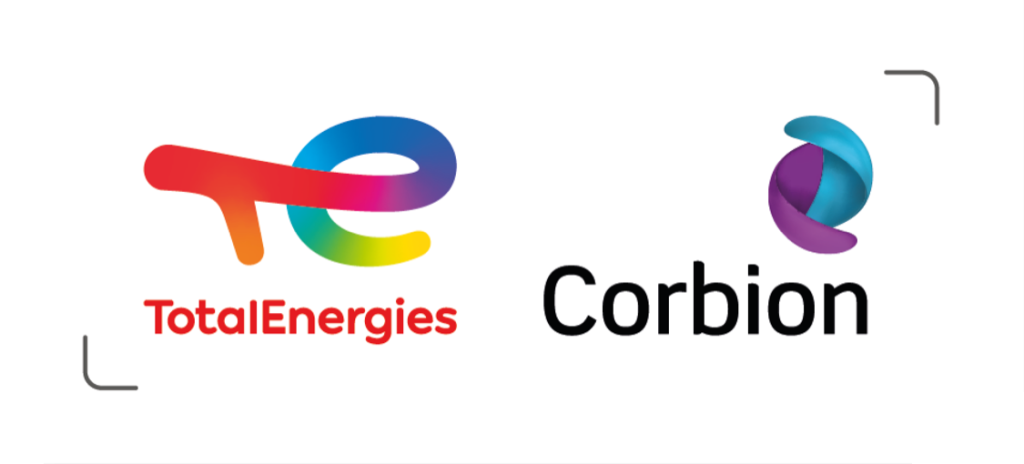27 June 2023
By Paolo La Scola, Public Affairs Manager at TotalEnergies Corbion
Plastic packaging waste has become one of the most pressing environmental challenges of our time. In the recently published European Commission’s Early Warning Report, 18 Member States are at risk of missing the 55% target on municipal waste reuse and recycling preparation. Regarding packaging waste, EU regulators are currently reviewing the EU legislation and are on track to give the block a new Packaging and Packaging Waste Regulation (PPWR). However, 10 Member States are at risk of missing the target of 65% recycling of packaging waste by 2025.
The overall objectives of the Regulations are:
– To prevent the generation of packaging waste: reduce it in quantity, restrict unnecessary packaging, and promote reusable and refillable packaging solutions.
– To make all packaging on the EU market recyclable in an economically viable way by 2030.
To increase the use of recycled plastics in packaging through mandatory targets.
At TotalEnergies Corbion we believe that compostable plastics contribute to the objectives of the PPWR. Compostable plastics, like Luminy® PLA, are a type of biodegradable material designed to break down into natural elements when subjected to composting conditions. Compostable packaging has a clear advantage when plastic items are contaminated with food waste, as is often the case with food packaging and food service ware.
When plastics are contaminated with food, mechanical recycling of waste (food or packaging) is not viable. Conversely, when using compostable plastics, we can organically recycle both packaging and food waste. Many existing examples of plastic packaging cannot be redesigned to make them reusable. In contrast, the same design can be made with compostable plastics that can be efficiently composted.
To fully unlock the potential of compostable plastics, the PPWR needs to include specific enabling conditions:
Allow compostable plastics in all food-related packaging.
At TotalEnergies Corbion, we think that compostable plastics should be used for specific applications (i.e. tea bags, coffee capsules, fruit labels, contaminated food service ware, and bags which can be reused for biowaste collection). The PPWR should guarantee a level playing field with other packaging materials and allow the use of compostable plastics in all food-related packaging.
Standardization and Certification.
For over 20 years, the EN 13432 standard has ensured that compostable plastics are compatible with the composting process in facilities. While we are open to periodic revisions of the standard, our priority is to maintain its assurance of producing mature and stable compost as the final output.
Extended Producer Responsibility (EPR).
The PPWR should guarantee that the EPR fee paid by compostable packaging producers are then used for the collection, sorting and organic recycling of such material. A best practice has been implemented in Italy, where an EPR scheme for compostable plastic packaging (Biorepack) has been created.
Compostable plastics have significant potential to tackle packaging waste and can be organically recycled with food waste. To fully utilize PLA’s sustainability benefits in the packaging industry, a clear legislative framework within the PPWR is essential. Recognizing PLA as a sustainable packaging material alternative is crucial, given its 75% lower carbon footprint compared to fossil-based materials. Standardization and extended producer responsibility are necessary to ensure the sustainable advantages of bioplastics benefit both present and future generations.
For more information on the advantages of compostable plastics, please see TotalEnergies Corbion’s withepaper on the topic.
